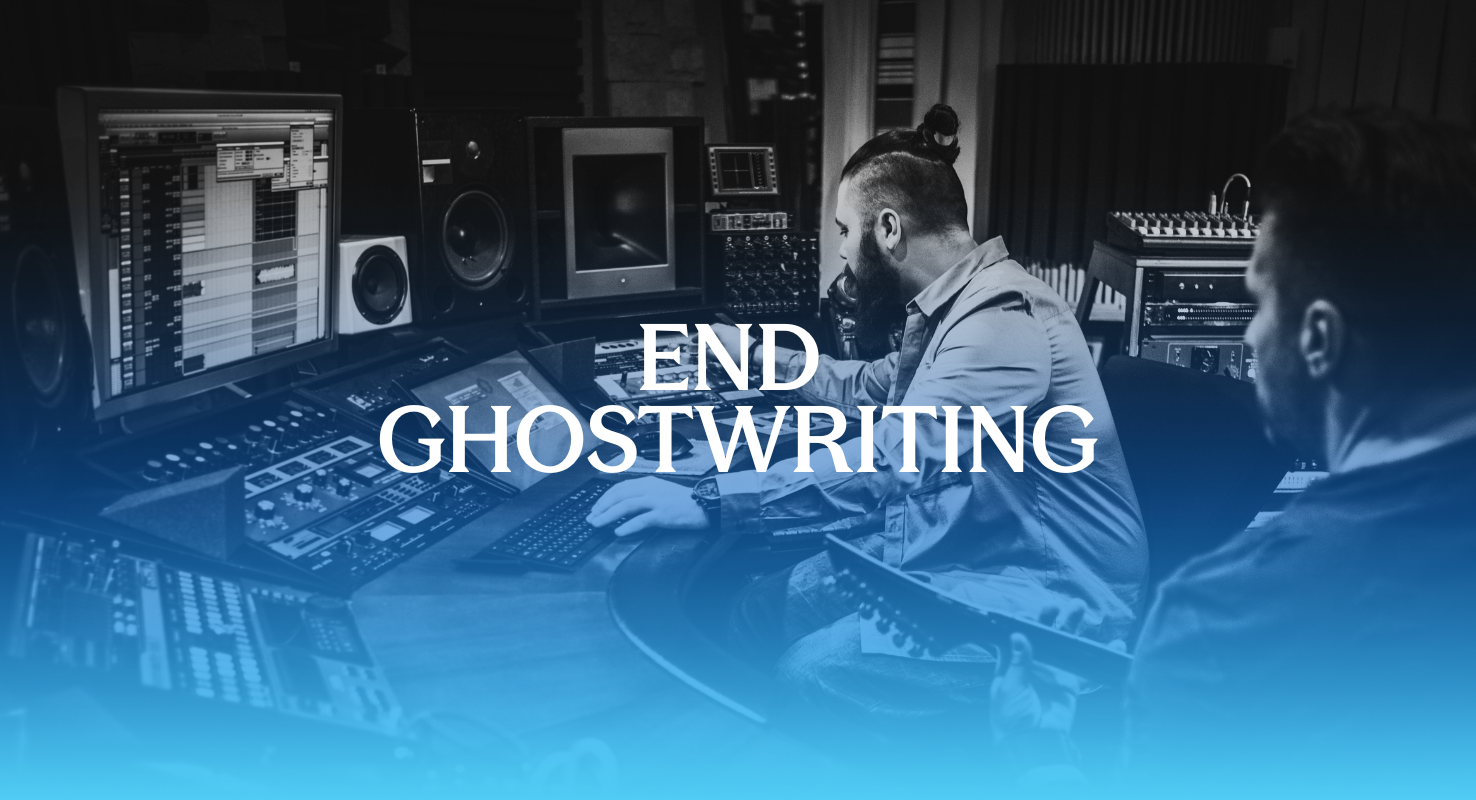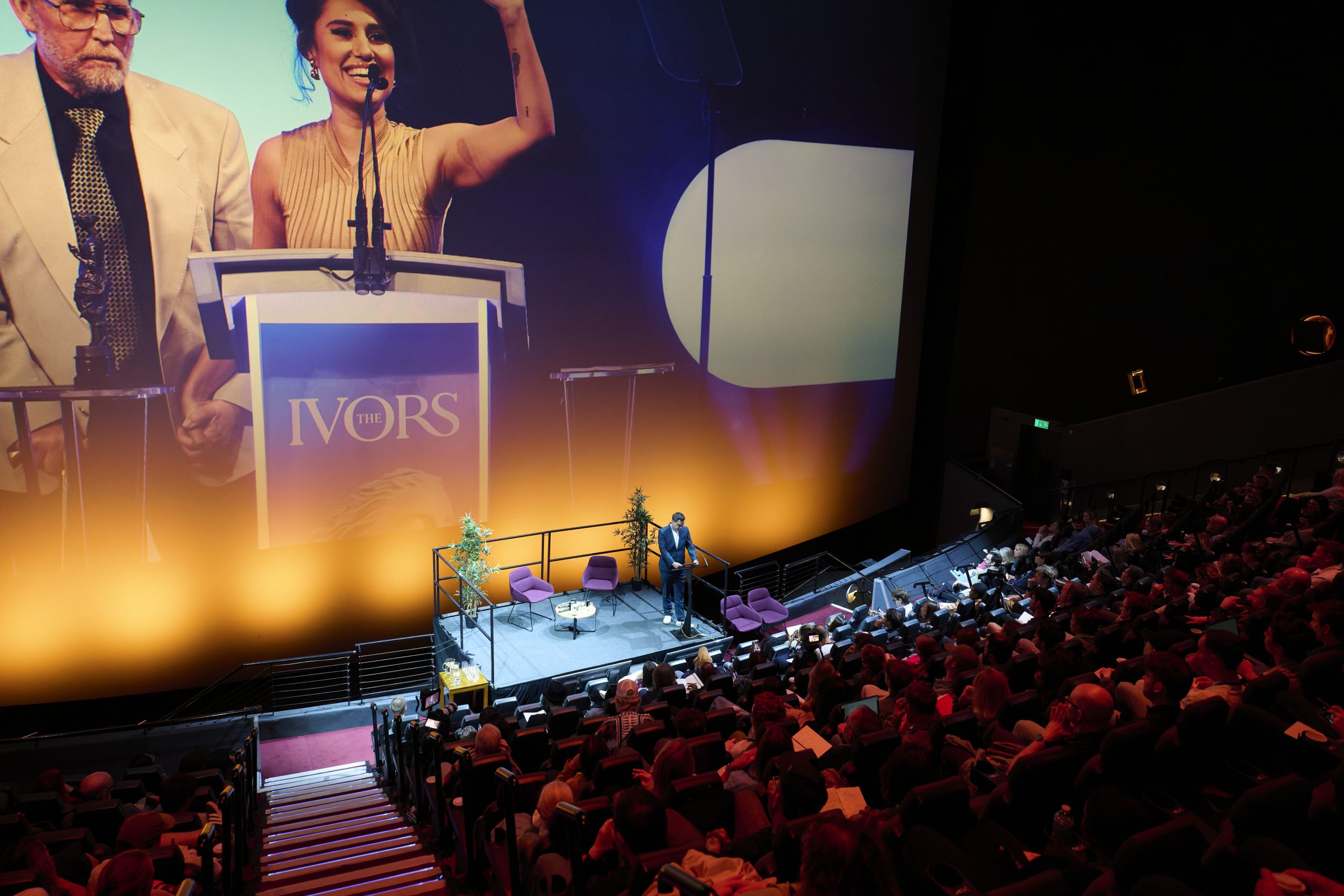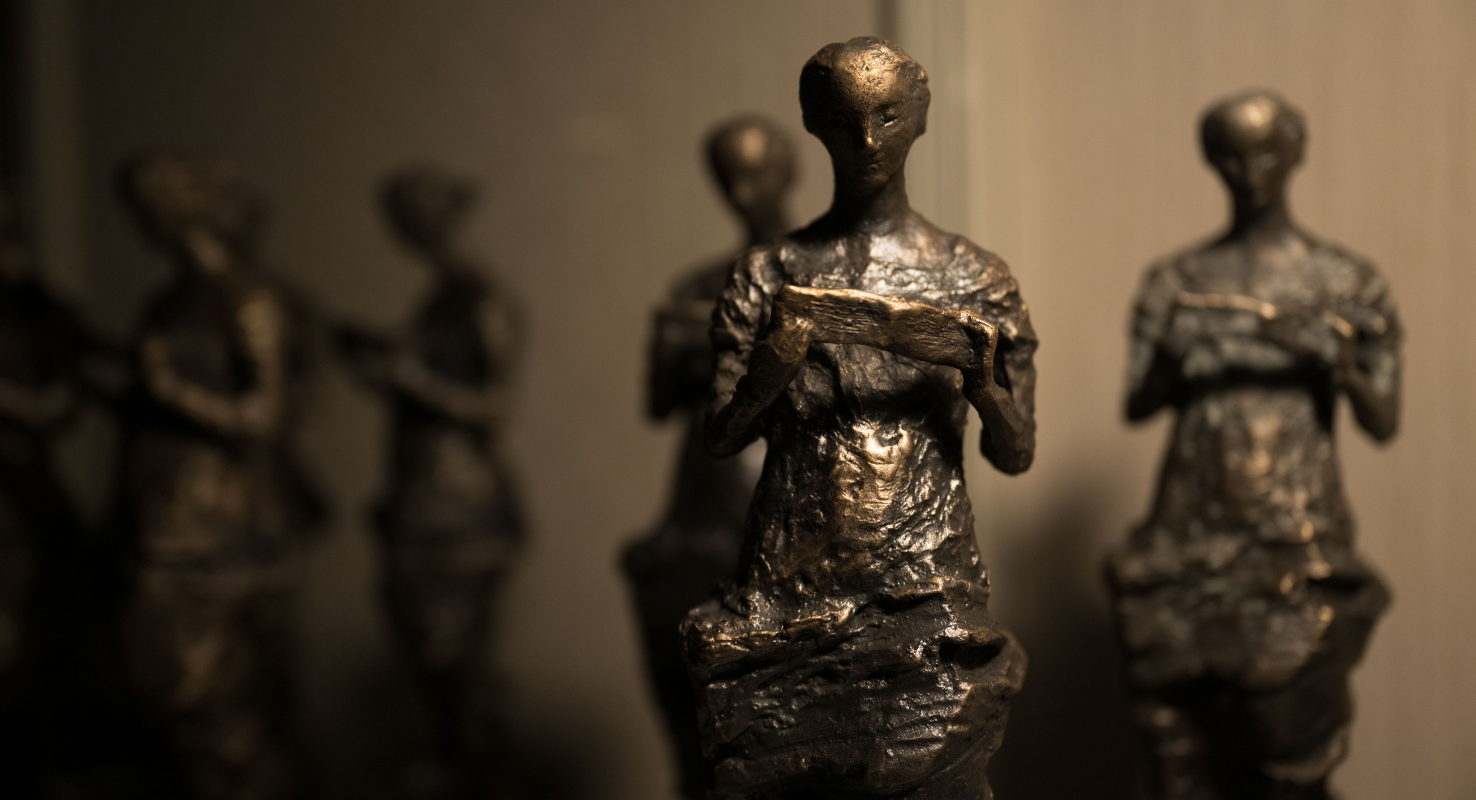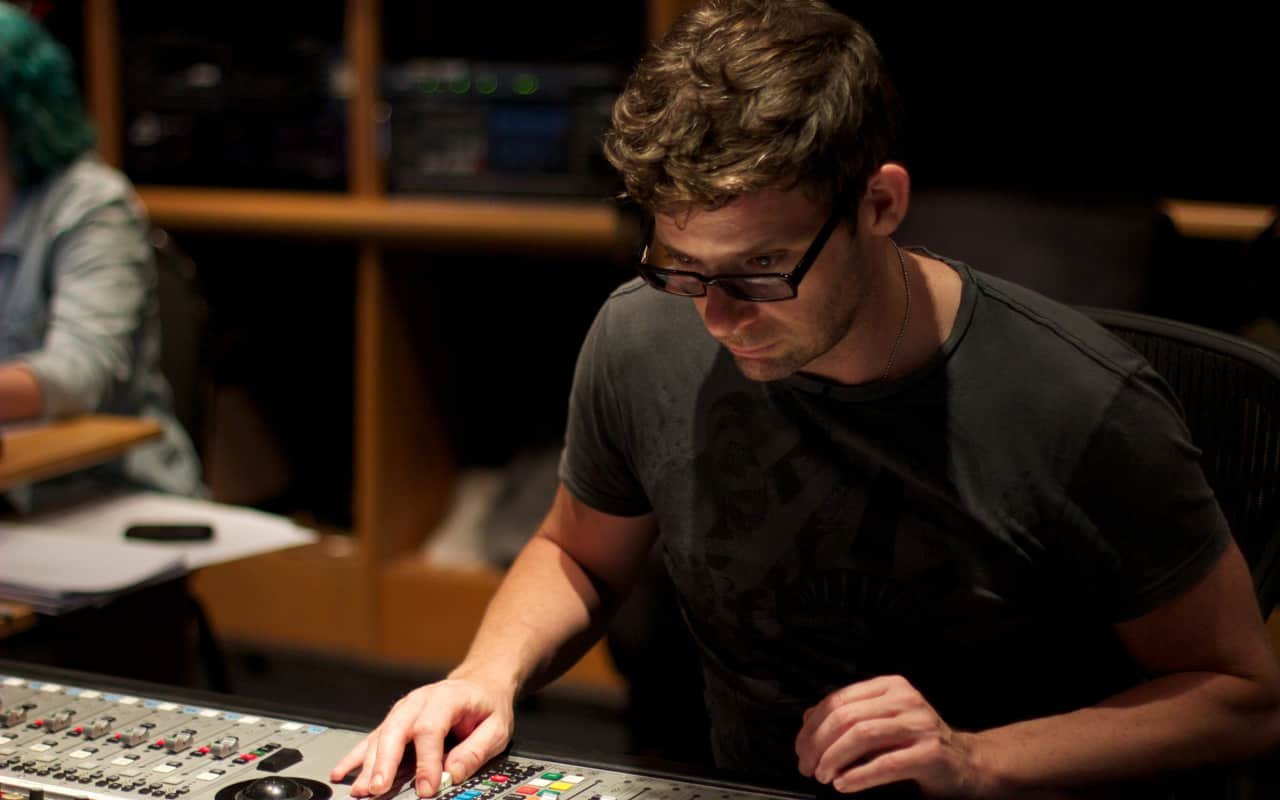How do you feel about receiving a Gold Badge Award from the songwriting and composing community?
“I genuinely can’t think of a greater compliment. I have so much respect, admiration and affection for those incredible artists who gift the world with new music. It would be privilege enough just to spend my working days with them, recording their output. But to be recognised in the form of this wonderful award for my contribution to their work makes me proud beyond words.”
What has been the most pivotal moment in your career?
“It was when I was working as an assistant and occasional engineer at the Church Studios in Crouch End when it was owned by Dave Stewart and I was assigned to assist a visiting engineer called Geoff Foster on an orchestral session. It was in Studio B, which was the big room upstairs and rarely got used for big orchestral sessions. We had to borrow a load of chairs from the local curry house and it was all pretty chaotic, but it finished without any serious casualties and I was utterly bitten by the orchestral bug. As it turned out Geoff Foster happened to be the chief engineer at Air Lyndhurst and at that time, in 1996, Air Lyndhurst was only 2 or 3 years old and most of us engineers were forever drooling over this recording Mecca that had sprung up in our midst. So I thought it was worth a punt and said to Geoff “I don’t suppose there are any jobs going up at Air are there?” He said “funny you should say that….” and after that moment everything changed.”
Which person has been the most influential figure in your career and why?
“That would be producer/engineer/genius Steve Albini. I worked with him on a number of albums when I was working at The Greenhouse, the studio in Old Street that was owned and run by the amazing Pat Collier. I was pretty much obsessed with the albums that Steve had made with Nirvana, The Pixies and The Breeders and watching him work was probably the most star-struck I have ever been. He is known for his strong opinions and he once professed that “2 days isn’t long enough to make an album but 7 days is too long”. Everything for him is about the performance and capturing a moment. He is very focused on presenting his recordings from the point of view of being in the room. Those two concepts have stayed with me and probably drove my love of recording orchestras in (usually) time-constrained conditions. I don’t like to obsess too much in the recording or the mixing process.”
What one piece of advice would you give your young self, starting out in music?
“Don’t think too hard about how long it might take to get where you want to be, professionally. Just appreciate and enjoy the place you’re in right now.”
How have the technological advances in mixing equipment impacted the way you work?
“The advent of Protools in the late 90s changed everything. The control room side of engineering and mixing is pretty much unrecognisable from what it was when I first started out. The main way in which these changes have manifest themselves is in the sheer amount that we can record in terms of the number of tracks and takes, and the amount and versatility of processing available to us in the mix. That is obviously an advancement but there are downsides. The demise of tape being one. Not only because it sounds so much better and has never been replicated in processing technology, but also because mark-up on the sale of tape was a significant revenue stream for studios, and its disappearance is, I suspect, an influential factor in the alarming rate at which studios have closed in the last 20 years. Another result of all this flexibility that we have gained is that there is a tendency to load the decision making part of the creative process to the post-recording stage. With the need to commit to decisions earlier on in the process removed there is a danger that we become less visionary and less resourceful and economical in our practice.”
How did you realise your talent engineering and mixing scores and how did you get your first job?
“I was thrown in at the deep end by Hans Zimmer. I had been assisting Alan Meyerson on the recordings for Prince of Egypt at Air. After the score was recorded and mixed the picture was changed and so we needed to record some pickups. A discussion ensued on who would be the engineer on the pickup sessions and Hans chimed in (in his inimitable Hansian manner) with “Well Nick should engineer them, of course”. Decision made.”
Do you think it’s important for scores to feature live bands/instruments?
“I think the dimension that the performance of a human being, or a group of human beings, brings to a recording is both unnotatable and unsynthesizable. I am mesmerised daily in my professional life by what musicians do almost telepathically, the culmination of often hundreds of combined years of playing experience. If the function of the music is to evoke emotions – as in a movie or TV score – then human performance is essential.”
You’ve worked with some of the biggest names in film composition such as David Arnold, Henry Jackman, Dario Marianelli and Danny Elfman. How do you establish and maintain these relationships?
“They are established in a variety of ways. The first time I work with a composer it is usually the result of a recommendation – either from another engineer, or another composer, or a fixer. Whether that initial encounter leads to subsequent ones is largely a matter of chemistry. I would like to think that the input I have is about more than just sonic presentation. I like to be close to a composer or performer and the best relationships are based on mutual trust and respect. The production of recorded music is largely a matter of taste and so if you share common ground with the writer and/or performer then you can collaborate in a truly creative way. That’s the exciting part!”
The 45th Gold Badge Awards are presented by BASCA and sponsored by PPL and PRS for Music, taking place at The Savoy in London from 11.30am to 4.30pm on Friday 19th October.




